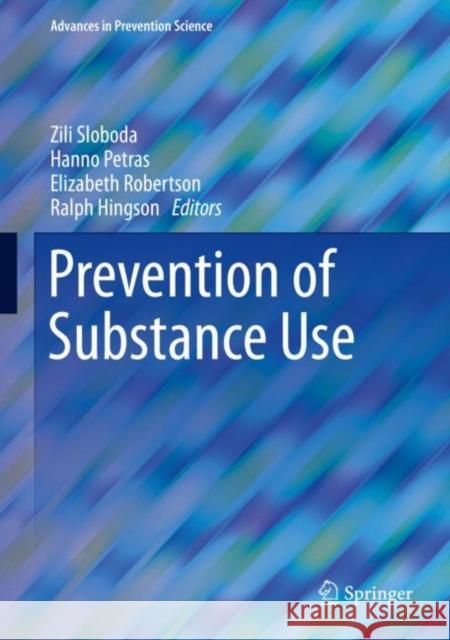Prevention of Substance Use » książka
Prevention of Substance Use
ISBN-13: 9783030006259 / Angielski / Twarda / 2019 / 453 str.
This book, the fourth in the Advances in Prevention Science series, addresses the issue of etiology of substance use from a developmental perspective. Prevention science first and foremost addresses behaviors, behaviors that ultimately have negative health outcomes. Its conceptualization and methodologies draw heavily from many disciplines including epidemiology, psychology, sociology, public health, economics, and other health-related sciences as well as mathematical and biostatistics. This book builds on recent research findings suggesting that individuals are vulnerable due to failure to meet developmental benchmarks either through genetic predispositions or biological impairments or through the natural challenges of cognitive and biological changes taking place developmentally such as during adolescent development or aging. Actual risk for engagement is the interface between individual vulnerability and the individual's micro- (family, school, peers, faith-based institutions) and macro- (neighborhood, community, state, nation) level environments. With appropriate parenting the risk for embracing anti-social attitudes and engagement in anti-social behaviors even for the most vulnerable individuals will be tempered. Prevention then examines these relationships and determines how to best intervene to alter the probability of negative trajectories. Within this framework, prevention interventions work at multiple levels: at the individual vulnerability level, at the micro- and macro-level environments to improve socialization processes by helping parents improve their parenting skills and by training school staff to reinforce pro-social norms and values and heighten school bonding by creating a positive, supportive environment. Prevention interventions are also socialization agents supporting positive attitudes and behaviors and providing life skills to make health decisions and to promote healthy life styles.











